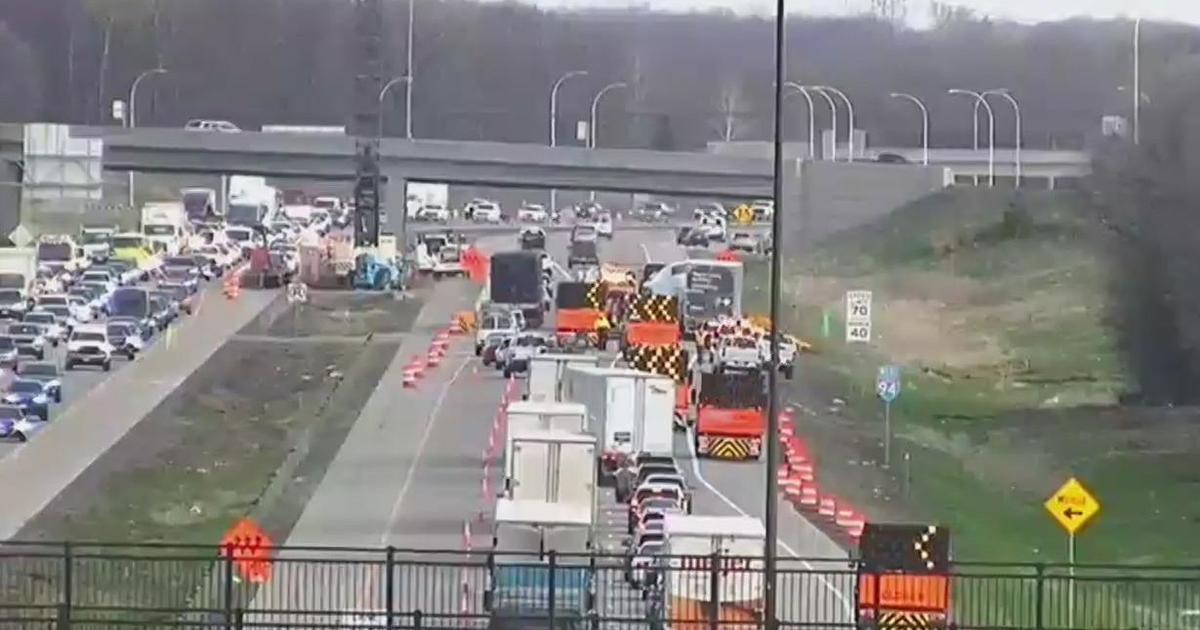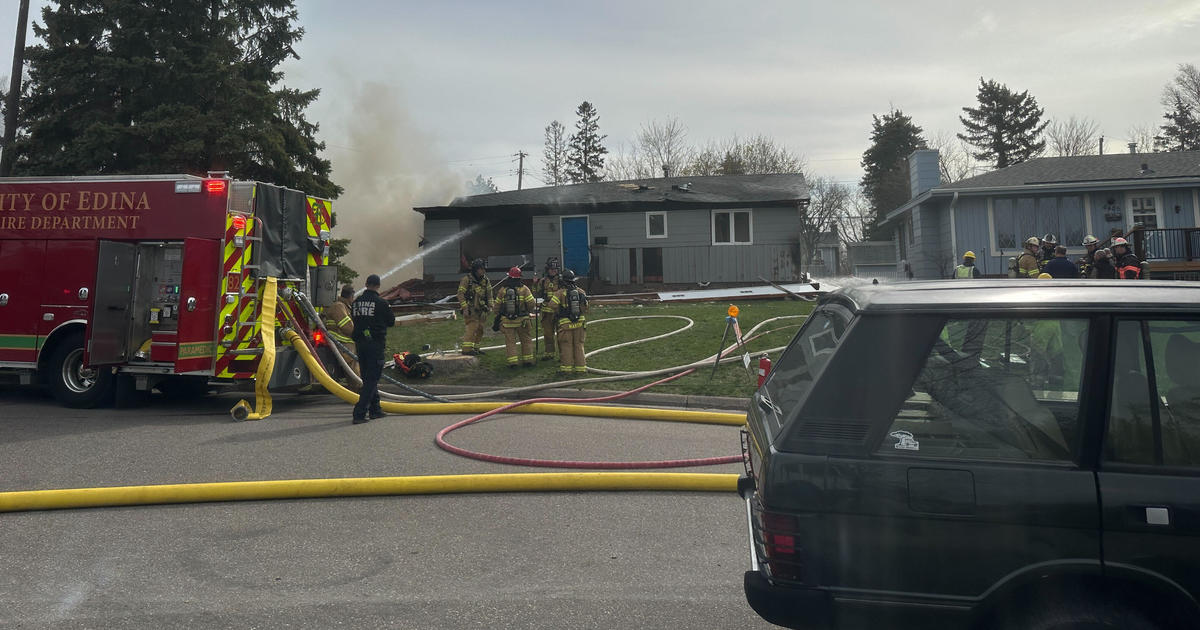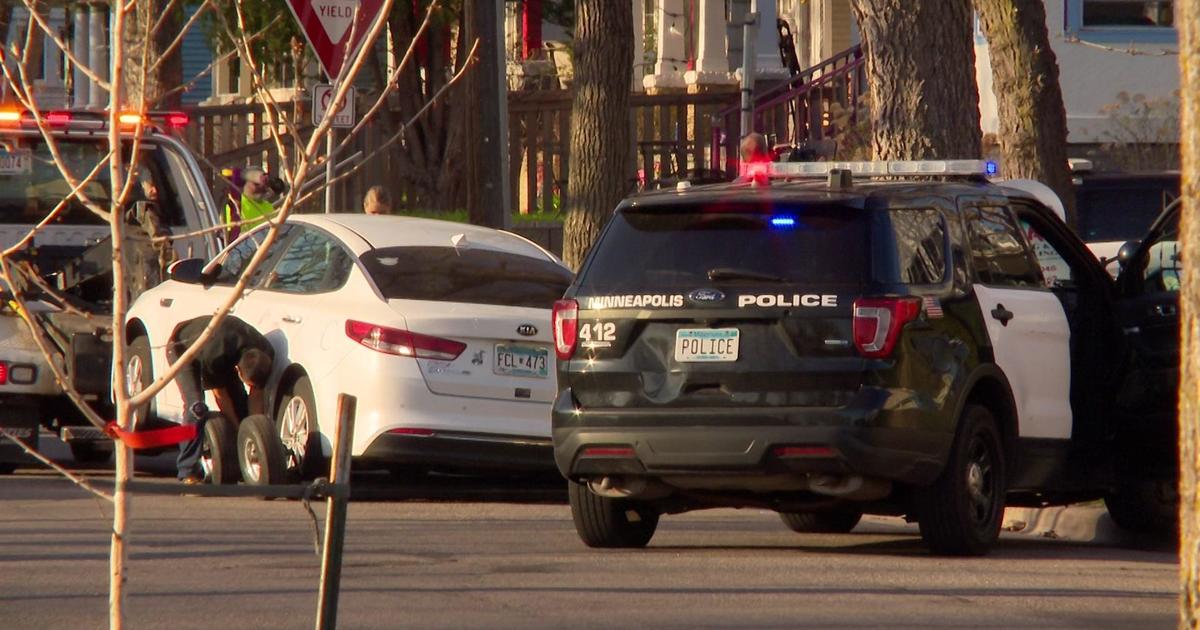New Tool Aims To Prevent Future Train Derailments
RAMSEY, Minn. (WCCO) -- Like an accordion of massive steel boxes, 15 empty freight cars lay piled Friday along a stretch of Burlington Northern Santa Fe railroad track.
It's BNSF's mainline to the west coast, and it averages about 56 trains a day. Roughly twenty percent of that traffic is made up of the long tanker cars hauling heavy crude oil from North Dakota.
"Had that been an oil train," state Rep. Frank Hornstein (D-District 61A) shudders at the thought.
Prompted by oil train disasters elsewhere, Hornstein helped pass the state's Oil Transportation Safety Act through the 2014 Legislature. The law will require more training for first responders and will add three more state rail safety inspectors.
Currently, there is one state inspector looking after safety concerns along 4,500 miles of railroad track in Minnesota.
"They're inspecting the track and the track bed," Hornstein said. "They also are looking at the train systems to make sure they're operating safely."
With more freight, oil and passenger trains rolling through the state, this section as well as many others in Minnesota is getting heavy use.
With the increased rail traffic, railroads like BNSF are expected to spend more on rail maintenance in order to guarantee both safety and dependability.
The derailment in Ramsey meant bussing North Star Commuter Rail passengers both to and from work.
"Anytime there is a disruption like this it affects our service as well as the freight service," said Brian Lamb, of Metro Transit.
Fortunately, the mishap caused no environmental damage, injuries or deaths. But it should be a good reminder to railroads and citizens alike why rail safety is getting so much attention.
"We can't afford with all the oil coming through our state, one accident," Hornstein said. "It would be catastrophic."



